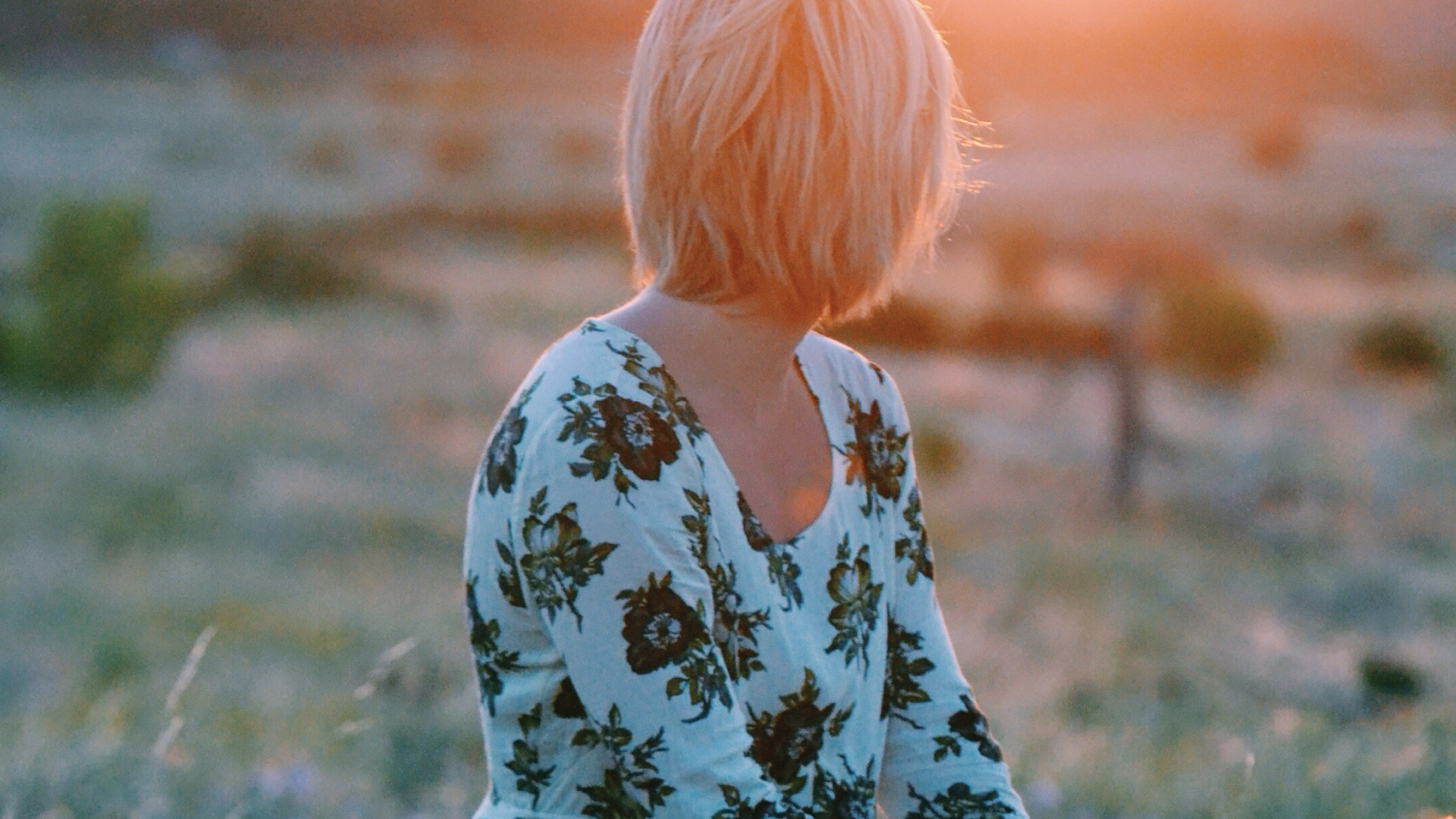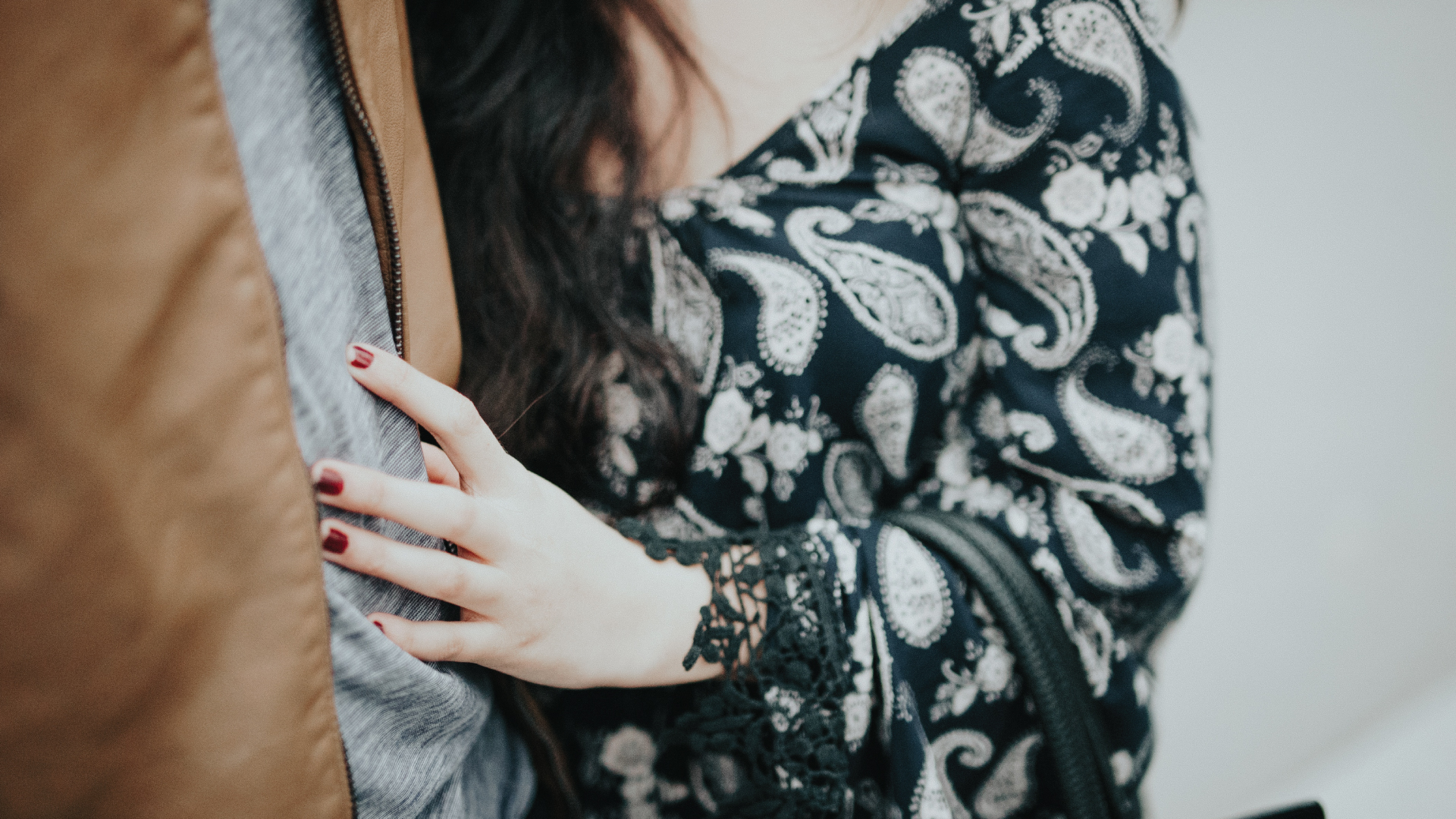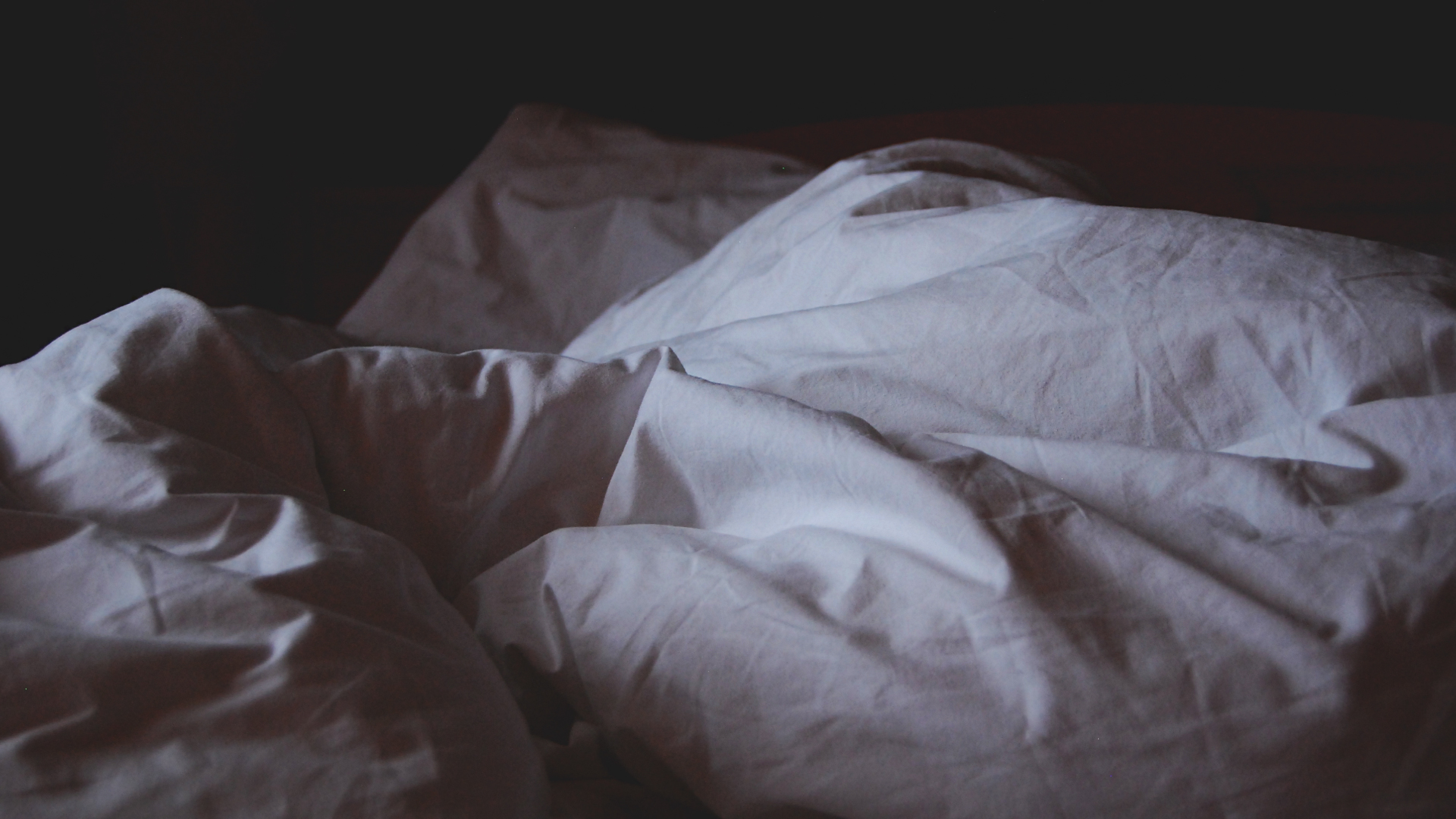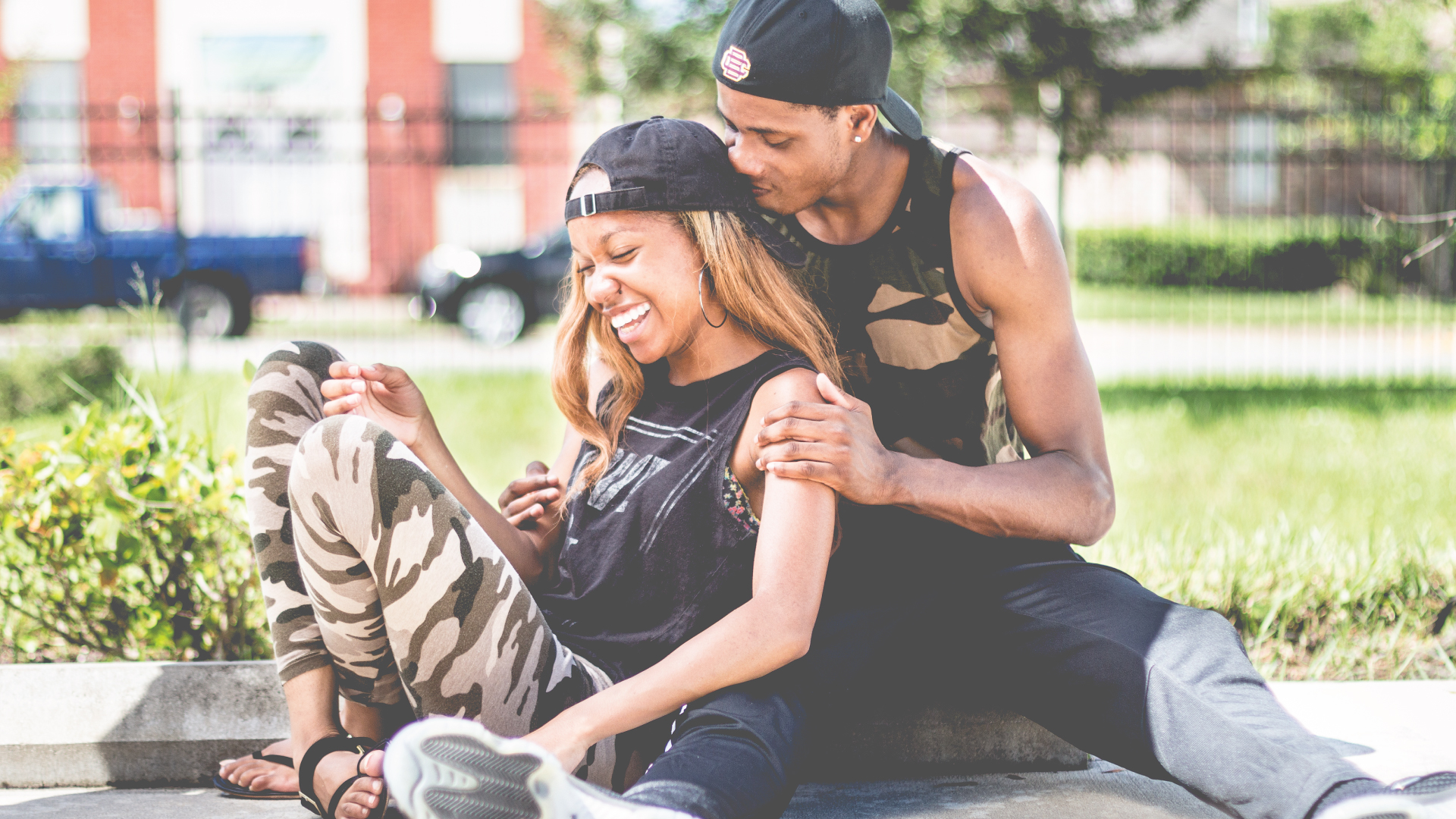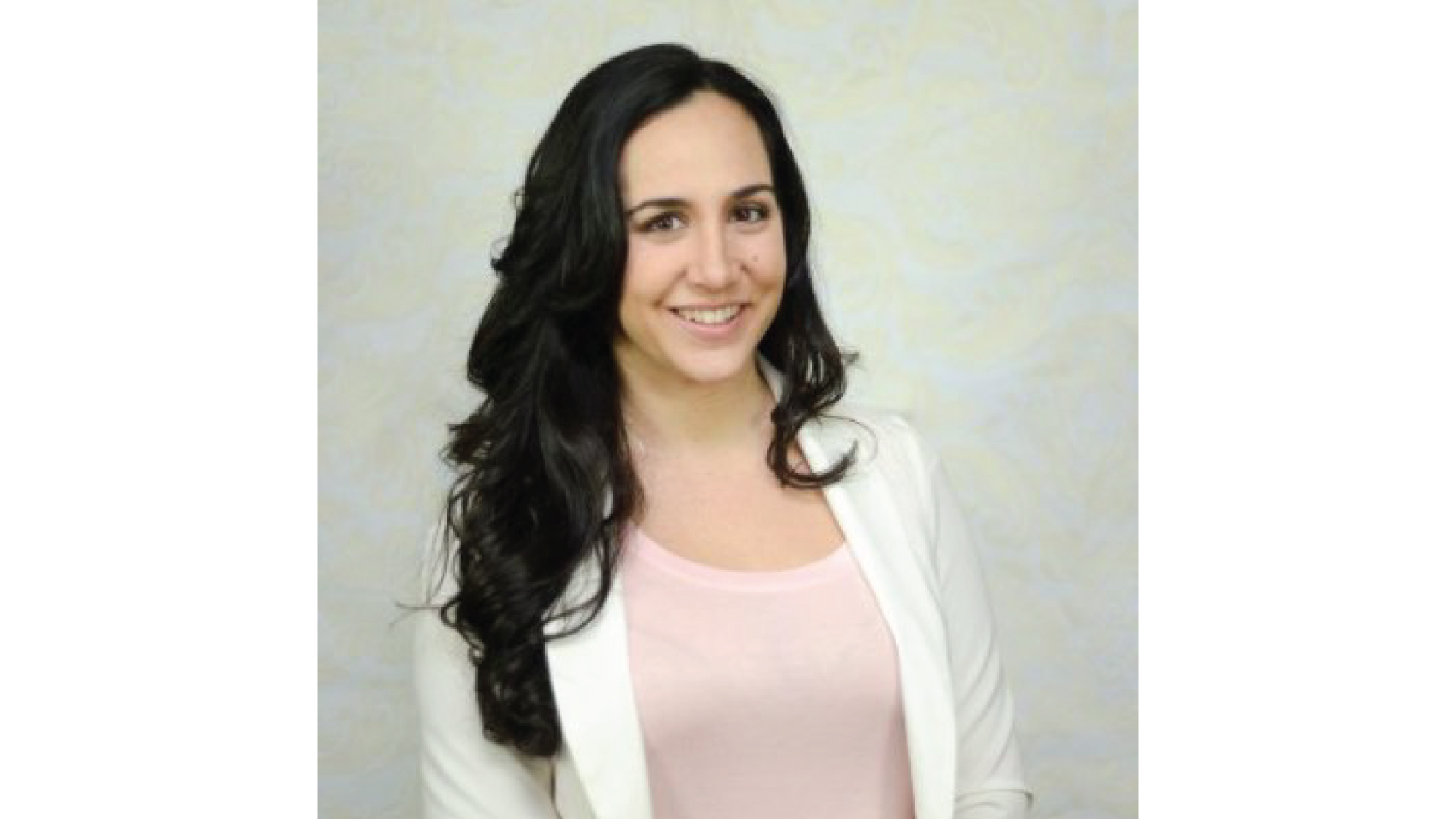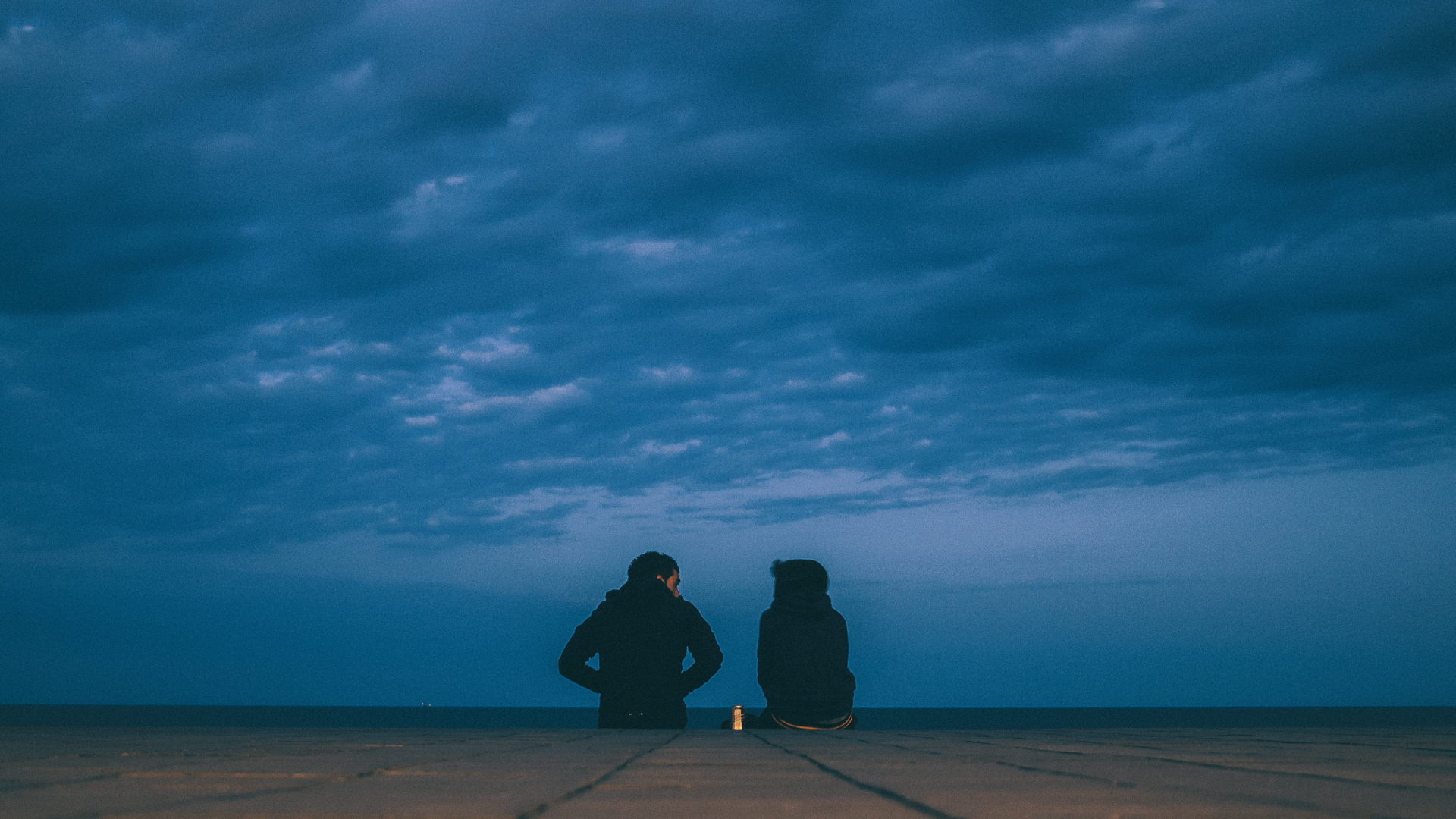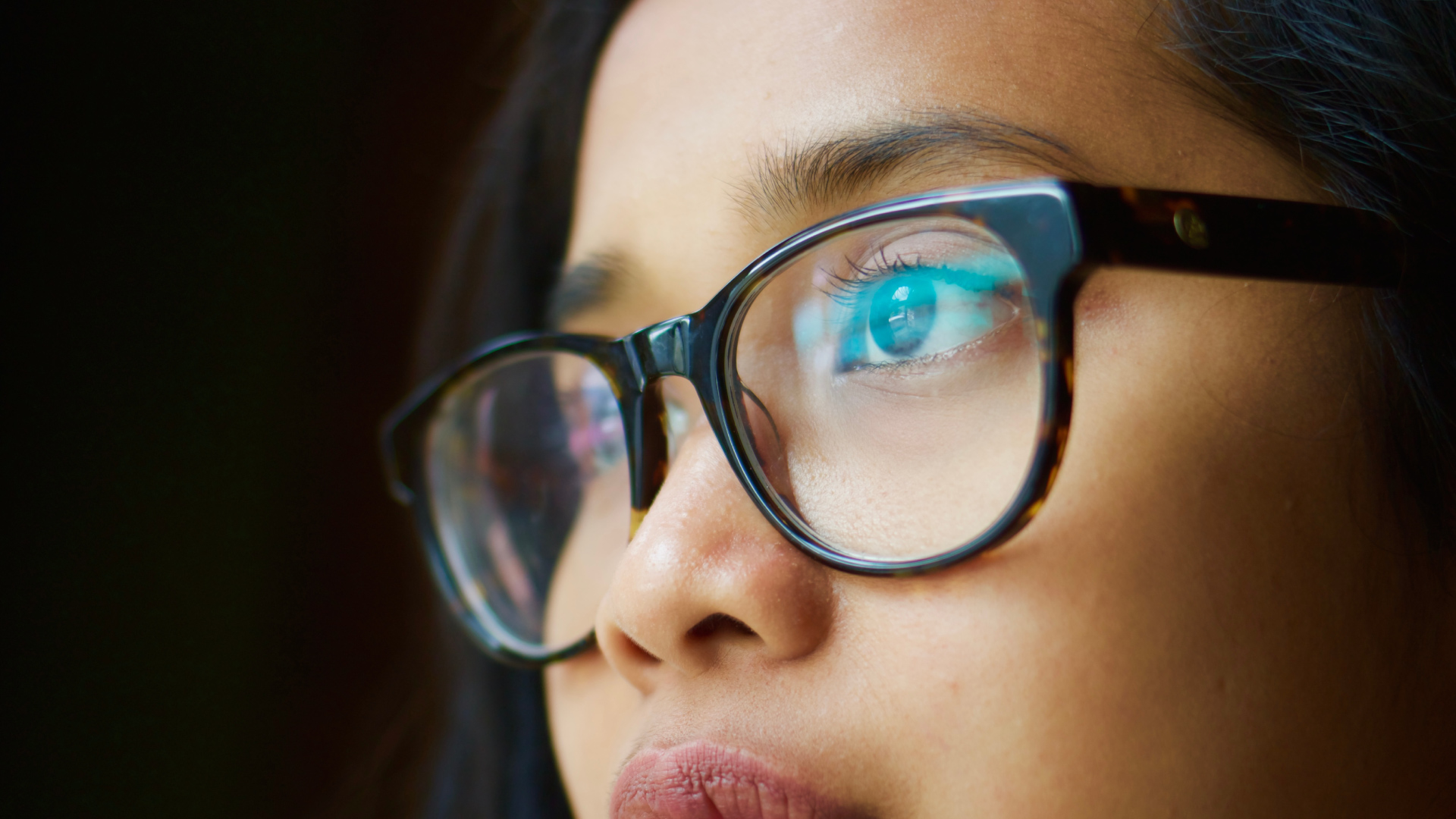Ever had a question about relationships or sex that you just can’t ask your oncology care provider? Ever felt too shy to ask a nurse or doctor a question but really need the answer? Now you can ask those questions and get answers from Dr. Anne Katz, the Awkward Auntie!
Q: I am a woman. I used to have a very satisfying sex life and high libido. Because of breast cancer I had to have a double mastectomy (no more nipples and no sensation). Then chemo put me in menopause. I am not allowed to take replacement hormones as my cancer was estrogen positive. I feel like I have been “castrated” – doctors don’t tell you your clitoris will shrink, your vaginal canal will shrink and become rigid. I have zero interest in sex (pain plus no libido, plus the several times I have been able to have some kind of an orgasm it has been so weak I barely noticed it), I am single and still young. What can I do? Is there a way to rehab the body?
Awkward Auntie: This is a long and complex answer because this is a complex situation. Chemotherapy causes menopause in women and it is usually way worse than ‘normal’ menopause. Many oncologists will prescribe local estrogen for women like you as the systemic exposure is minimal. This is the only thing that will really help with the dryness and shrinkage that you describe. I believe that it is a woman’s choice whether she wants to use this or not and not the decision of the oncologist to refuse to talk about it. You can try using vitamin E oil on the vulva for daily comfort and you must use a good water or silicone based lube for any kind of penetration. Find one that has the least amount of ingredients – silicone lubes often have just one or two ingredients. Using an external vibrator to ramp up your arousal response and use it often. This takes time and patience… but your body can relearn to feel pleasure and that will increase your libido. But the reality is that things are not going to be as good as they were before because so much has changed. There is no magic recipe or rehab – but time and exploration can open new avenues for sexual pleasure. The following is a good resource too!
You can learn more about this great program, find the answers to past questions, and submit a question of your own by going here!
—
More about the Awkward Auntie program:
Dr. Anne Katz, also known as the Awkward Auntie, is a certified sexuality counselor and nurse who has written a couple of books about young adults and cancer – and all the things that happen to your body, relationships, and sex during and after treatment. She will be answering any and all questions that you send to AwkwardAuntie@lacunaloft.org or that you submit in the form below. You don’t have to give your name or other identifying information – but it might be helpful for her to know how you identify yourself by gender, your age and what kind of cancer and treatment you had.
YOU CAN ASK HER ANYTHING…. Don’t hold back! Your questions will be answered periodically and posted on our Awkward Auntie page.






